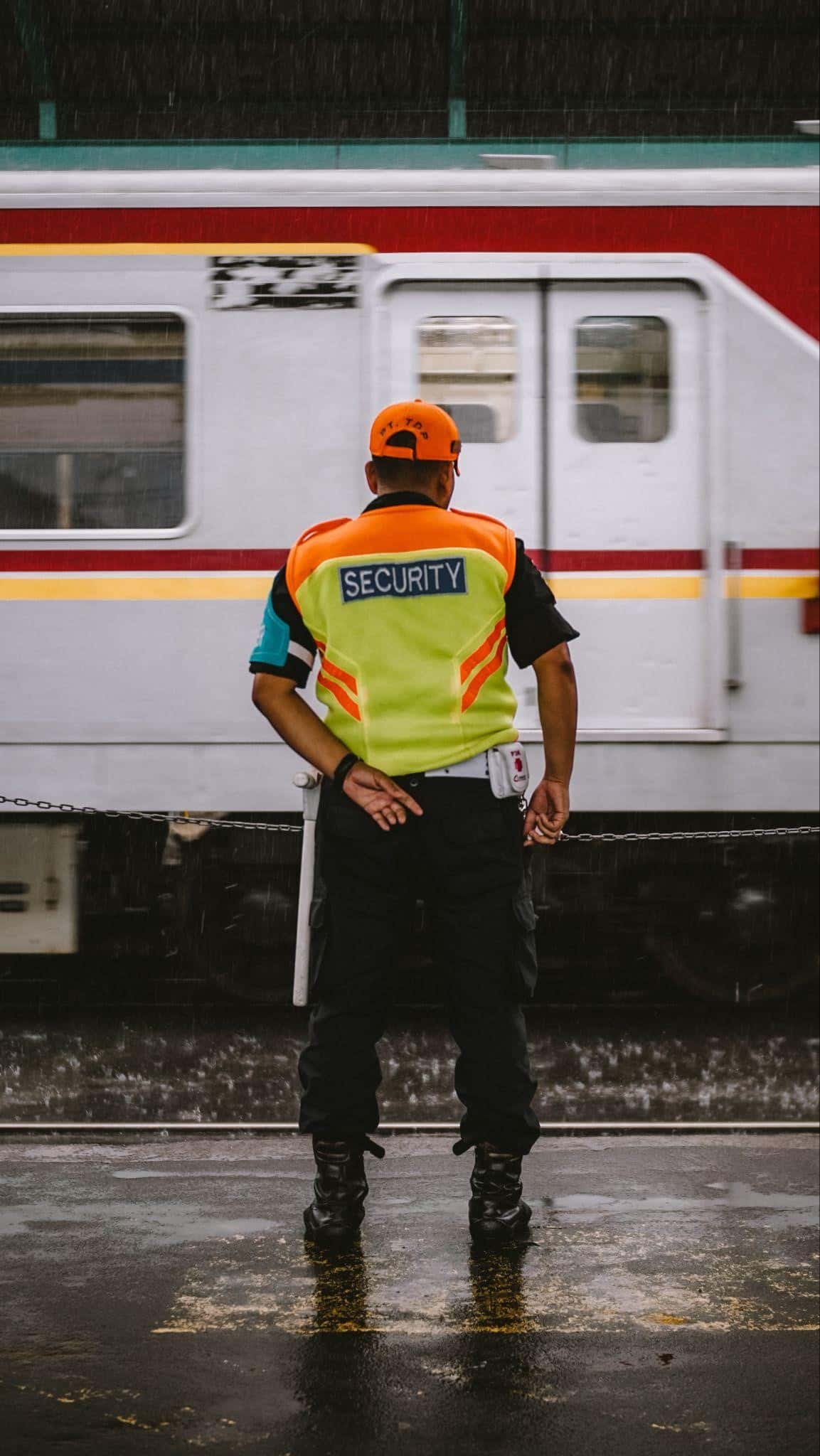Various stakeholders need to come together to ensure the smooth functioning of the business. And,…
The Human Cost: Tragic Events Highlighting the Need for Improved Security Regulations – Guest Post

The demand for security guards has experienced a notable surge over the past decades in the United States. However, the year 2020 marked a significant uptick in this trend, as businesses employed additional staff to enforce mask mandates, monitor premises deserted by remote workers, and substitute the dwindling number of police officers. This trend has only gathered momentum as communities increasingly rely on private security amid worries over gun violence and escalating crime rates. This shift is largely driven by a mounting lack of confidence in the ability of police departments to respond promptly to calls.
Security guards, while not a part of the official law enforcement apparatus, operate within a well-defined scope of authority when protecting private property. Their jurisdiction remains confined to the premises they are employed to safeguard. They possess the power to instruct individuals to cease any illegal activities and to vacate the premises. Should the unlawful behavior persist, a security guard is empowered to execute a citizen’s arrest, acting as a crucial line of defense against criminal activity. This authority underscores the importance of their role while emphasizing the need for greater protection mechanisms for these frontline defenders.
While the employment of security guards is on the rise, their training and protection are surprisingly lacking. According to the National Association of Security Companies, twenty-one states in the U.S. do not require any level of training for unarmed security officers. This shocking statistic signifies a major gap in the competency and safety of these individuals who are tasked with the responsibility of safeguarding others. Even in states that do have training requirements, enforcing these rules proves to be a challenge. The sheer number of security guards deployed across various locations coupled with states’ lack of staffing and resources to uphold enforcement makes regulation a daunting task. This glaring issue raises concerns about the effectiveness of these officers and the safety of the communities they serve.
In the United Kingdom, the Security Industry Authority (SIA) plays a crucial role in ensuring that all security personnel are adequately trained and vetted before they are licensed to operate. This regulatory body is responsible for setting the standards for training in the security industry, covering both technical skills and knowledge about legal and social responsibilities. To procure a license, individuals must undergo a comprehensive training course followed by an assessment.
Furthermore, the SIA also mandates a thorough background check for each applicant to ensure they do not have a criminal record that could compromise their role as a security officer. This includes checks on identity, criminal history, and right to work in the UK, providing a robust vetting process that helps to maintain high standards of professionalism and integrity within the industry.
The stringent measures taken by the SIA significantly elevate the competence and reliability of security personnel in the UK, offering assurance to both employers and the communities they serve. Through its rigorous licensing processes, the SIA continues to play a pivotal role in enhancing the safety and effectiveness of the security industry.
Many recent public tragedies point to failures within the private security industry. A stark example emerged in Miami, where, just before the devastating collapse of the Surfside condominium in 2021, a security guard, unaware of a critical safety feature, failed to initiate an alert system that could have potentially saved lives. The catastrophic crowd crush at the Astroworld Festival in 2021 was another tragic incident where inadequately trained and supervised security staff were implicated. Law enforcement’s role itself came under scrutiny when an unlicensed security guard killed a protester in Denver during the 2020 protests. Although the Denver District Attorney did not press charges, the question of proper licensing and training lingered.
Alarmingly, in the past decade, there have been 309 arrests of security officers for manslaughter or murder while on duty, according to data provided by McCann. These incidents underscore the urgent need for improved regulation, training, and supervision within the private security industry.
In conclusion, the current landscape in the U.S. reveals a disturbing lack of adequate training for security officers, resulting in an increase in legal troubles for these frontline defenders. With no enforced training requirements in twenty-one states, many officers are ill-prepared for the responsibilities and challenges they face, which often leads to poor decision-making and breaches of the law. These incidents not only endanger the officers themselves, but also compromise the safety of the communities they are charged with protecting. This stark contrast with the U.K.’s rigorous enforcement of training and vetting processes serves as a poignant reminder of the urgent need for similar regulations and standards in the U.S. security industry.

